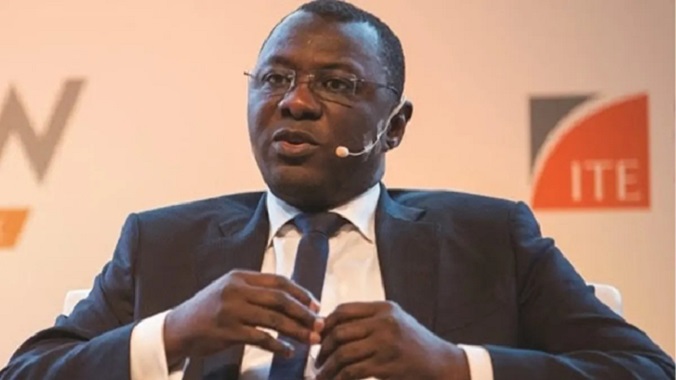Dr Mahmmed amin Adam
Ghana has completed its part in the process to secure the release of the third tranche from the International Monetary Fund (IMF), according to the Director of the African Department at the IMF, Abebe Selassie.
Speaking at the World Bank and IMF Spring Meetings in Washington, D.C., Selassie highlighted that Ghana had swiftly reached an agreement with the official creditor committee, allowing the program to be approved by the board.
Selassie expressed hope that ongoing discussions among official creditors would expedite the conclusion of the upcoming review.
He emphasized that Ghana had fulfilled its responsibilities and the onus was now on external creditors to fulfill their obligations to get the disbursement approved by the board.
The Finance Ministry had previously announced an interim agreement reached with international bondholders, with negotiations continuing until a deal consistent with the IMF debt sustainability targets is reached.
However, talks were temporarily put on hold after the IMF indicated that the proposed deal did not align with its debt sustainability parameters.
The IMF Mission Chief for Ghana, Stéphane Roudet, stated that the board’s review was contingent upon Ghana reaching an agreement with external creditors.
Roudet stressed that an agreement between Ghanaian authorities and official creditors on a memorandum of understanding (MoU) for debt treatment in line with program parameters would provide the necessary financing assurances.
Upon completion of the review, Ghana would have access to $360 million, bringing the total IMF financial support disbursed under the arrangement since May 2023 to $1.56 billion.
The IMF praised Ghana’s progress under the IMF-supported program, citing strong performance on quantitative targets and significant advancements in structural reform milestones.
The country’s policies and reforms aimed at restoring macroeconomic stability, debt sustainability, and inclusive growth have already yielded positive results. Economic activity in 2023 exceeded initial projections, and growth forecasts for 2024 will be revised upward.
Fiscal balance has improved, with the authorities committed to achieving a fiscal primary surplus of 0.5% of GDP in 2024.
Social protection programs have been expanded to mitigate the impact of the crisis on vulnerable populations. Ghana has met its non-oil revenue mobilization target while implementing ambitious structural fiscal reforms to enhance domestic revenues, strengthen public financial management, and improve transparency.
The external sector has also witnessed positive developments, with international reserve accumulation surpassing program objectives. Additionally, the country’s financial stability remains intact, with banks reporting solid profits in 2023.
Ghana now awaits an agreement with official bilateral creditors on an MoU consistent with the terms set in January 2024.
The authorities are actively engaging with all creditors to ensure alignment with program parameters.
As Ghana completes its part in obtaining the third tranche, the government urges external creditors to fulfill their responsibilities, enabling the release of funds vital for the country’s economic progress.
By Vincent Kubi


